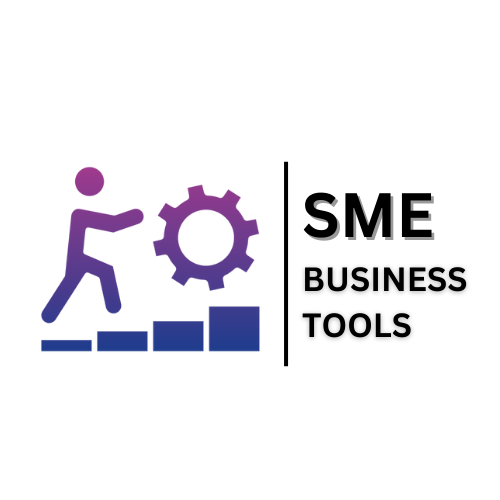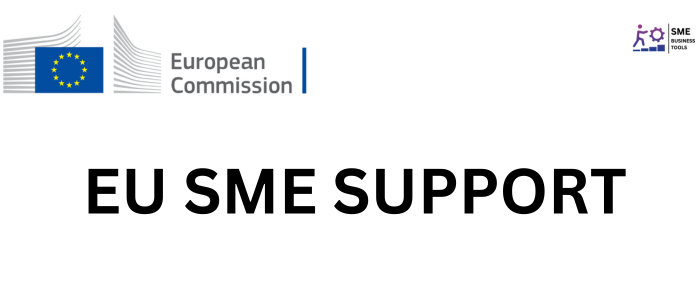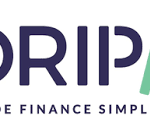Table of Contents
Small and Medium-sized Enterprises (SMEs) or Small and Medium-sized Businesses (SMBs) are the backbone of the European economy, accounting for 99% of all businesses in the EU and generating over half of the region’s GDP. Recognizing their critical role, the European Union has implemented a robust framework of funding programs and initiatives to offer support for SMEs, fostering innovation, competitiveness, and economic well-being.

Economic Significance of SMEs
SMEs are the largest job creators in the EU, providing two-thirds of private sector employment. They are also key drivers of innovation, contributing significantly to technological advancements and regional competitiveness. According to the World Bank, SMEs globally make up about 90% of businesses and over half of all employment.
Funding Programs Offering Support for SMEs in EU
The European Commission has established several funding programs to support SMEs:
- Horizon 2020 and Horizon Europe: These are the EU’s flagship research and innovation funding programs. Horizon 2020, which ran from 2014 to 2020, provided nearly €80 billion in funding, while Horizon Europe, with a budget of €95.5 billion, continues to prioritize SMEs in driving innovation and technological change.
- Competitiveness of Enterprises and Small and Medium-sized Enterprises (COSME): This program facilitates access to financial resources for SMEs at all stages of their life cycle, offering guarantees, loans, and capital through local financial institutions.
- EU Finance for Innovators (InnovFin): A joint initiative by the European Investment Bank Group (EIB and EIF) and the EU, InnovFin provides integrated financial instruments and advisory services across the research and innovation value chain.
- European Fund for Strategic Investments (EFSI): Part of the European Investment Plan, EFSI includes a €5.5 billion ‘SME Window’ that offers loans or guarantees to SMEs, enabling collaboration with private sector and venture capital firms.
- EU Program for Employment and Social Innovation (EaSI): This program supports quality and sustainable employment, social inclusion, and improved working conditions, providing small loans up to €25,000 for small enterprises and vulnerable groups.
- European Innovation Council (EIC): The EIC is the EU’s flagship program for identifying, developing, and scaling up breakthrough technologies and innovations.
- Cultural and Creative Sectors Guarantee Facility (CCS GF): Part of the ‘Creative Europe’ program, CCS GF offers guarantees to financial intermediaries, supporting cultural and creative sector initiatives.
Addressing Fiscal Challenges
Despite the economic downturn, the EU has taken steps to ease financing conditions for SMEs. The InvestEU program, for instance, aims to increase the financing guarantee capacity with €7.5 billion, including a new Strategic Technologies for Europe Platform (STEP) window dedicated to SMEs. This initiative helps SMEs access more favorable financing conditions, supporting sustainable investment, innovation, and job creation.
Recent Initiatives and Support
- Ideas Powered for Business SME Fund: Launched in 2023, this grant scheme helps EU-based SMEs protect their intellectual property rights, running from January 2024 to December 2024.
- Next Generation EU: This program provides significant funding under the Recovery and Resilience Facility, including up to €45 billion for SMEs, along with other initiatives like the EU Chips Act, Digital Services Act, and Digital Markets Act.
- EU Cohesion Funds: These funds allocate substantial amounts, such as €65 billion, to support SMEs directly and indirectly.
Mitigating Global Risks
SMEs play a crucial role in mitigating global risks, including economic downturns, cyberattacks, and environmental challenges. They support the green digital transformation of industries, enhance cyber resilience, and facilitate skills development, thereby contributing to regional stability and growth1.
SME Envoy and Regulatory Support
The European Commission has appointed an SME Envoy to advocate for SME interests and provide guidance on SME-related issues. This role aims to reduce bureaucratic burdens for SMEs and ensure that upcoming EU legislation is SME-friendly. Markus Pieper, appointed as the SME Envoy in January and stepped down in April amid some controversies, worked closely with national SME Envoys and business associations to address SME concerns.
The EU’s multifaceted approach to supporting SMEs through various funding programs, regulatory support, and initiatives underscores the critical importance of these enterprises in driving economic growth, innovation, and regional competitiveness.
Reference
1 – EU’s bouquet of funding programs for SMEs
Additional Resources



 Drip Capital Secures $113 Million to Propel Global Trade Finance Innovation for SMBs
Drip Capital Secures $113 Million to Propel Global Trade Finance Innovation for SMBs